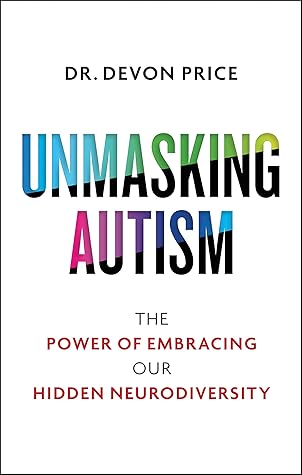More on this book
Community
Kindle Notes & Highlights
by
Devon Price
Read between
May 17 - July 31, 2024
This reaction is predicated in part on the belief that some people are just “bad,” and that it’s best to remove them from society, not extend them compassion.
Without access to shelter, health care, and a supportive network of loving people who are willing to grow with us, none of us are free to become our true, unmasked selves.
Before I knew I was Autistic, I was profoundly alienated in every possible sense. I was at odds with myself, unable to understand why normal life felt so perplexing and imprisoning to me. I was detached from the world, with no trust in others or in my own potential to connect and be understood. Because I was so alone, my identity was also completely unmoored. I had no community to anchor myself within.
Internally, I was fractured, a series of faked personalities and protective shields that kept people at a distance. I could only drop the shield when I was alone, but even in my solitude I was miserable and confused. I was all defense mechanisms, with nothing left inside worth defending.
When a masked Autistic person lacks self-knowledge or any kind of broad social acceptance, they are often forced to conceive of themselves as compartmentalized, inconsistent parts. Here is the person I have to be at work, and the person I must be at home. These are the things I fantasize about doing but can’t tell anybody about. Here are the drugs that keep my energy levels up, and the lies I tell to be entertaining at parties. These are the tension-defusing distractions I’ll deploy when someone begins to suspect there’s something off about me.
Life as a person who didn’t eat, drink, or ever leave the house very much was cheap and low-risk. I would survive by making myself smaller and smaller. I wondered why I was so unhappy
Generative Works to improve the world, or benefit future generations Sensitive Cares about the needs of others, and is concerned by social injustice Committed to Values Develops their own set of core beliefs and values, which guide their behavior throughout their lifetime Balances Independence with Connection Has a strong sense of one’s own agency and power, but also connects meaningfully with other people and recognizes we are all interdependent
Singer, Judy. (1999). “Why can’t you be normal for once in your life?” From a “problem with no name” to the emergence of a new category of difference. In Corker, Mairian, & French, Sally (eds.). Disability Discourse. McGraw-Hill Education (UK). p. 61.


